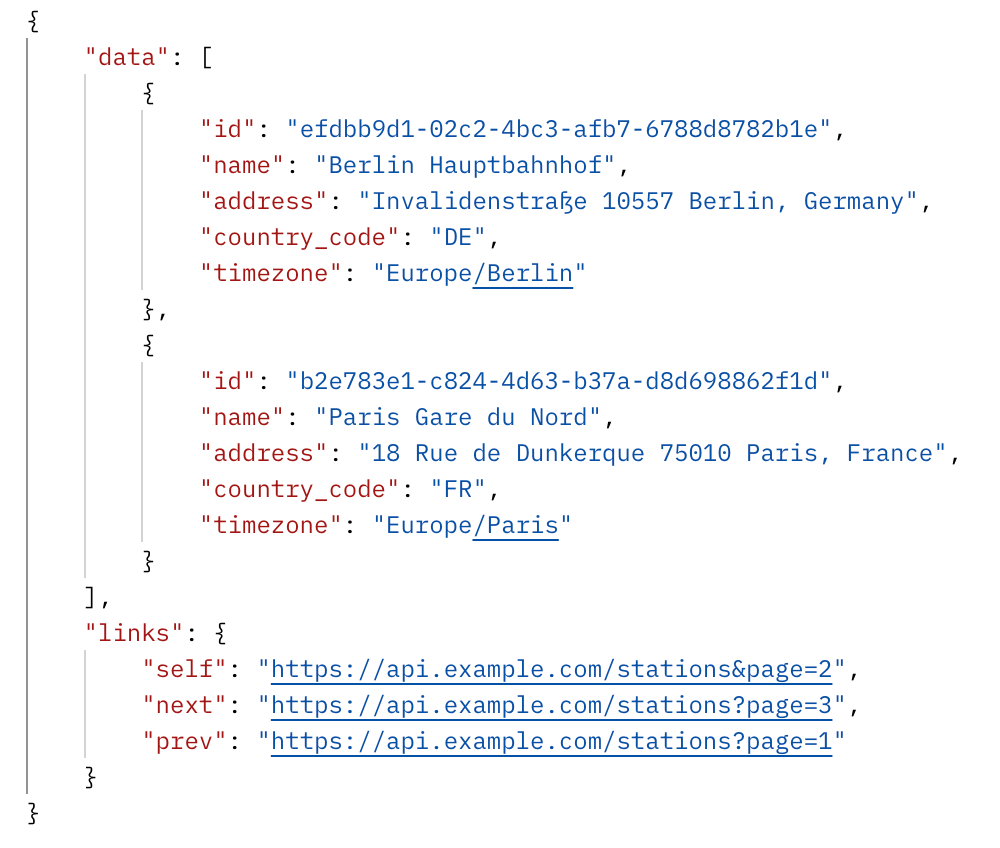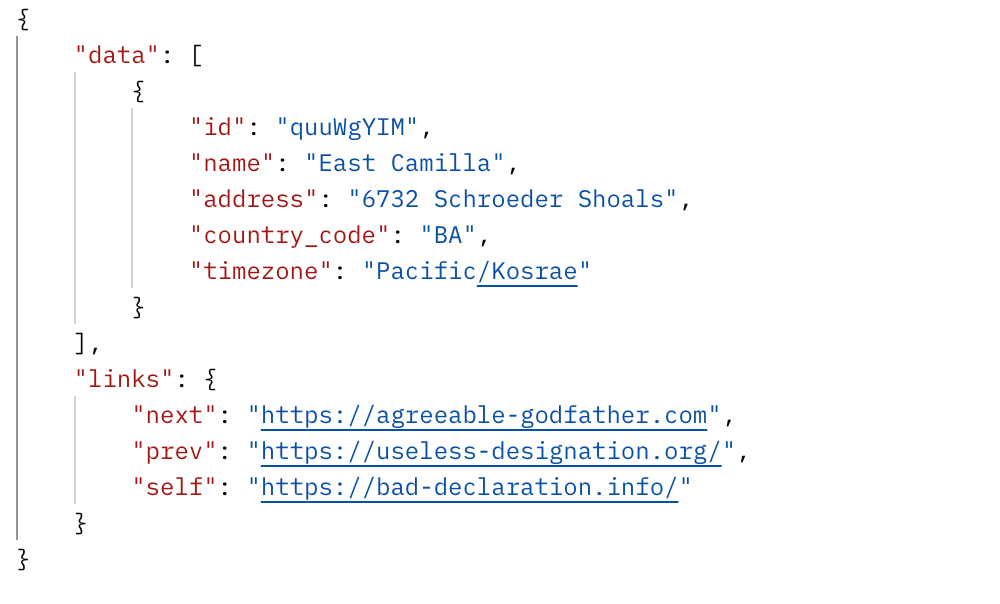Beeceptor is a free alternative to Mockbin.io to build mock APIs.
Best Alternative To Mockbin.io
Beeceptor is a multi-protocol mock server that instantly generates OpenAPI-based mocks with AI-driven, schema-aware test data for realistic API simulation.
Beeceptor gives you high-fidelity mock servers in a few seconds. It has first-class support for OpenAPI-driven mocking. You can upload your spec and Beeceptor automatically provisions every API endpoint, complete with contextual, schema-aware responses enriched by AI-generated test data. The result is a fast, accurate, and highly realistic virtual API that mirrors real-world integrations.
Mockbin.io is also a no-code tool for API mocking for API/HTTP requests and returning JSON or XML payloads. It also supports creating mock servers from an OpenAPI spec, but the behavior is largely static, relying heavily on predefined examples within the specification document. Customization options are limited, and responses cannot be dynamically shaped beyond what the examples in the specification. In contrast, Beeceptor delivers a far more advanced and flexible OpenAPI-driven virtualization experience, combining dynamic behavior, AI-generated test data, and deep customization to produce realistic, production-grade mock APIs.
Additionally, Beeceptor can generate mock servers from GraphQL reflection, GraphQL SDL, WSDL endpoints, and gRPC proto definitions.
For example,
age:number returns realistic values between 10–99, and Product.title:string produces natural product names.


These error responses are derived from the 400/500 response schema or examples defined in the OpenAPI spec, providing clear and actionable error messasge.
In the example below, the validation error are correctly placed into the `detail` field defined in the schema.
{
"title": "Bad Request",
"status": 400,
"detail": "Request query must have required property 'origin'"
}In the example below, validation issues are placed into a non-schema `errors` field, breaking the API contract.
{
"title": "Bad Request",
"status": 400,
"detail": "Invalid parameters",
"errors": [
"Missing required query parameter 'origin'",
"Missing required query parameter 'destination'",
]
}*This comparison report evaluates the API Mocking capabilities of various services based solely on publicly available documentation. If you come across any discrepancy, please contact us at support@.
Compare Beeceptor with Apidog